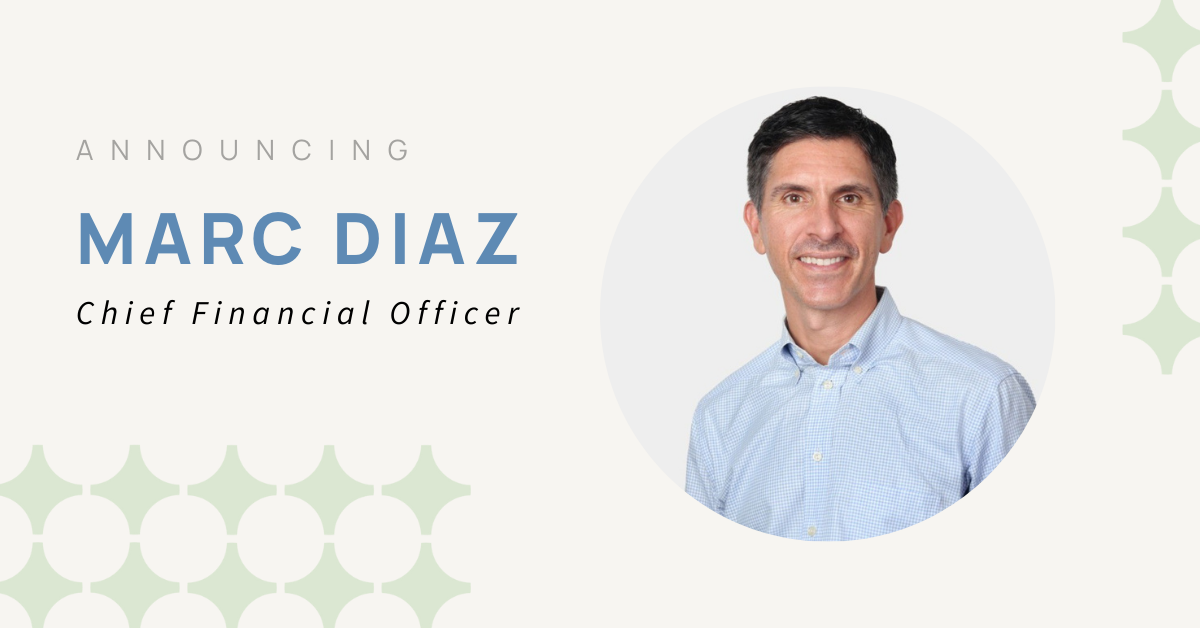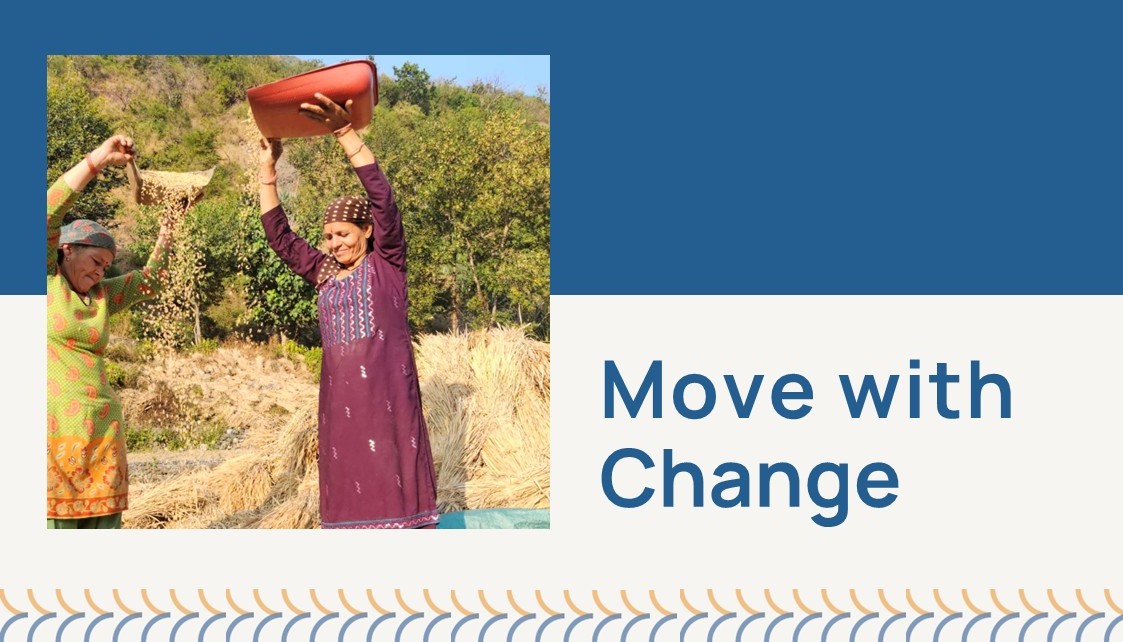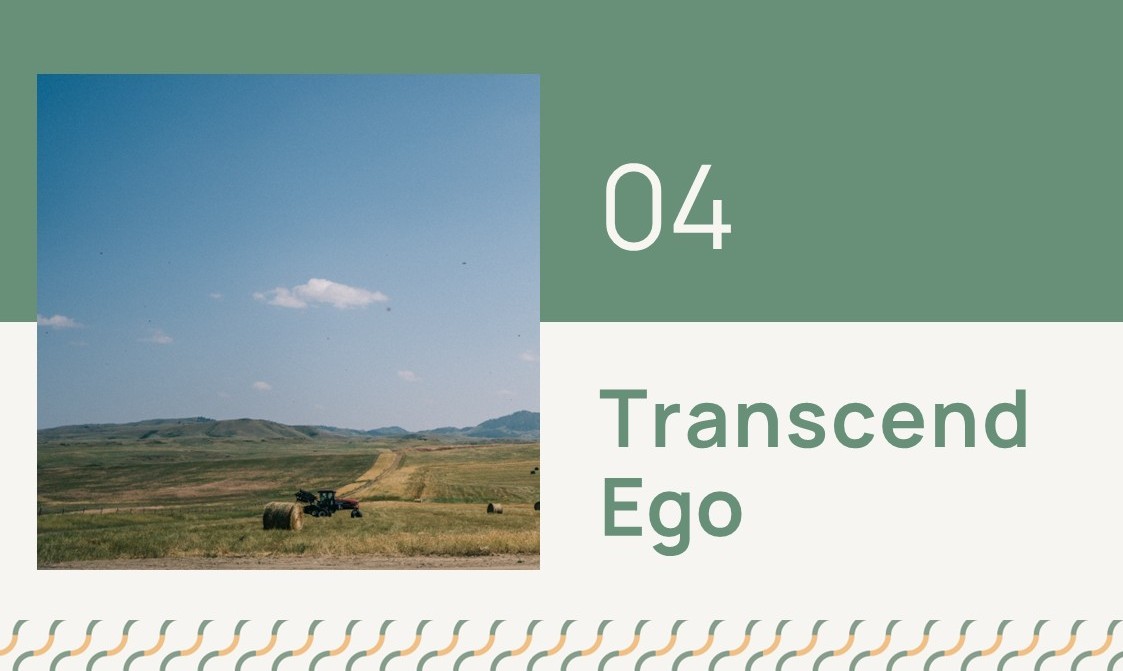This interview appears in Philanthropy Women as part of the Feminist Giving IRL series. Deb is RSF’s Vice President of Client and Community Engagement.
1. What do you wish you had known when you started out in your profession?
I wish I’d known what a powerful tool money can be, and how important it is to understand the way people think about and deal with money. Through my previous work at Social Venture Network, I grew to understand and leverage social capital, but I resisted working with financial capital until I understood how to use it to effect positive change. Women have been socialized to believe we don’t know enough about money and we should just leave it to the experts. But you don’t have to be an expert to use money well. You just need to question assumptions about money, understand what it can do and activate it for good. Now, I love working with money and collaborating with investors and donors.
2. What is your current greatest professional challenge?
The greatest challenge I see, and what keeps me up at night, is that the best solutions aren’t getting acknowledged, supported or funded—especially if those solutions are discovered or presented by a woman or person of color. I want to help change that. Three years ago, I worked with a talented group of leaders to launch RSF’s Integrated Capital Institute. We put out a call for advisors, donors, investors and community leaders who wanted to be at the forefront of fundamentally rethinking the purpose of wealth.
We created a program that teaches fellows how to apply an integrated capital approach (the coordinated use of diverse financial and social capital) to solve complex problems, confront myths about money, and collaborate across a diverse network of leaders. And we invited them to join us in pursuing a simple yet radical goal: creating an economy that works for all people and the planet. We’re now supporting and collaborating with 74 fellows who have a strong focus on environmental justice and climate solutions, bringing resources to underserved communities, and addressing the racial wealth divide.
Read the full interview in Philanthropy Women.


